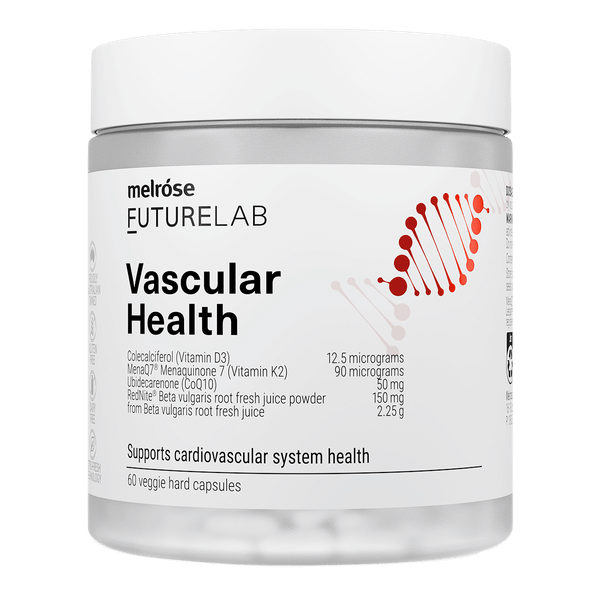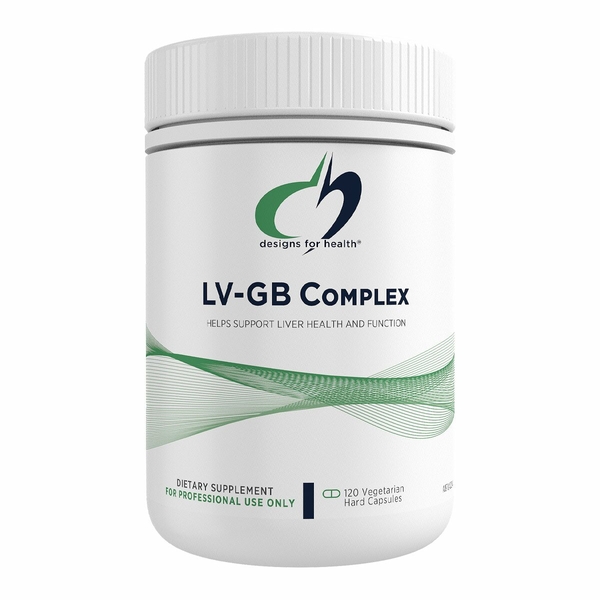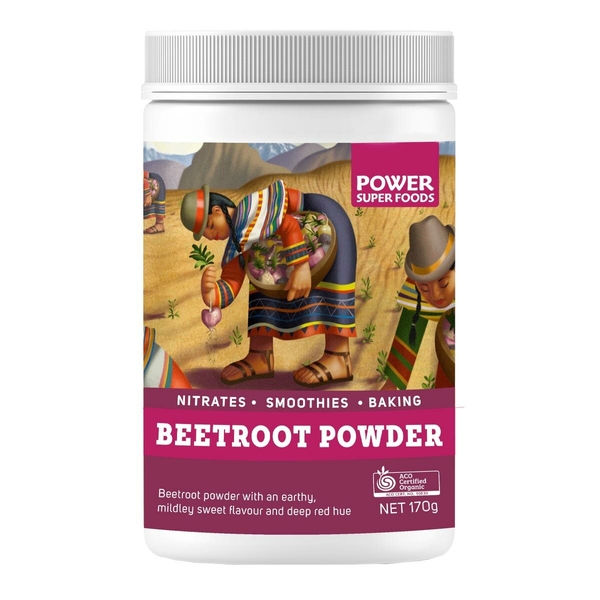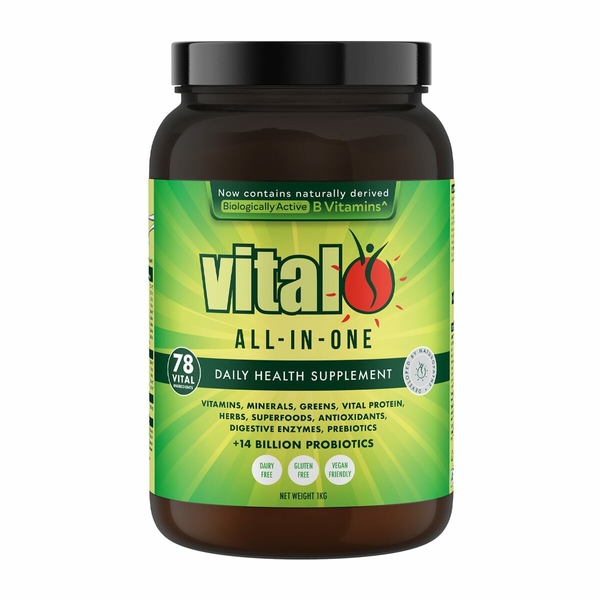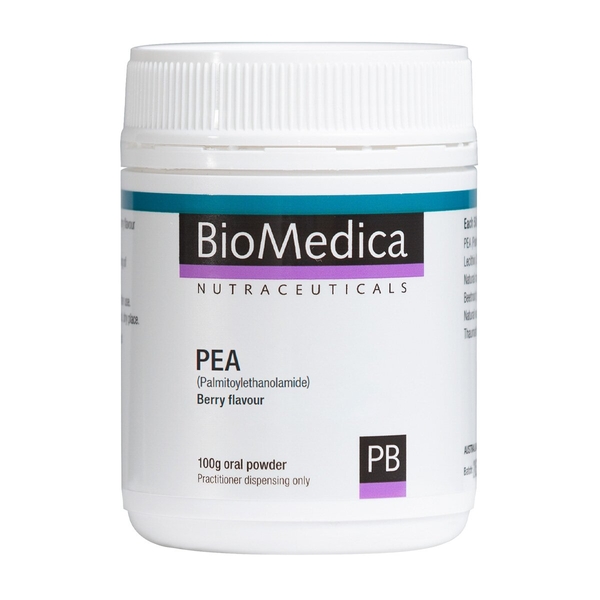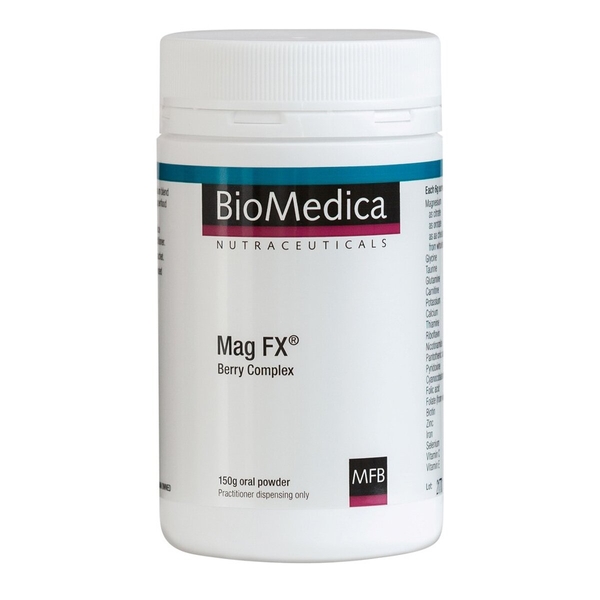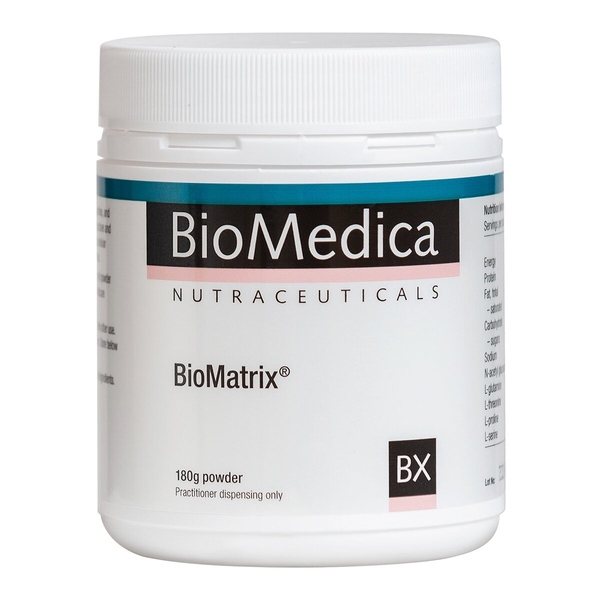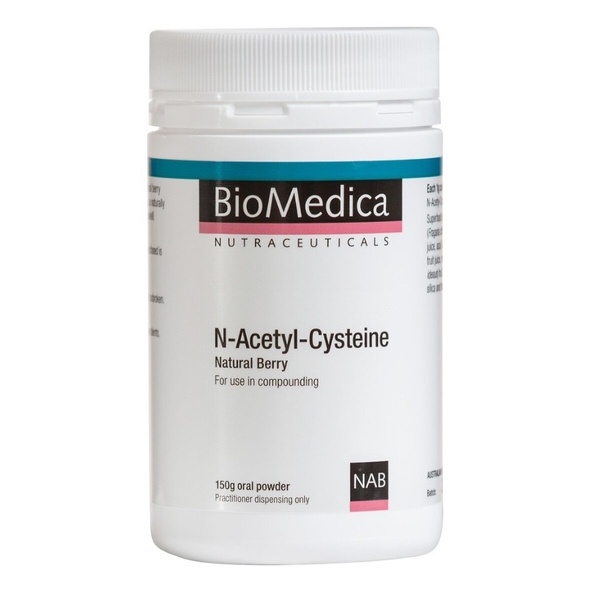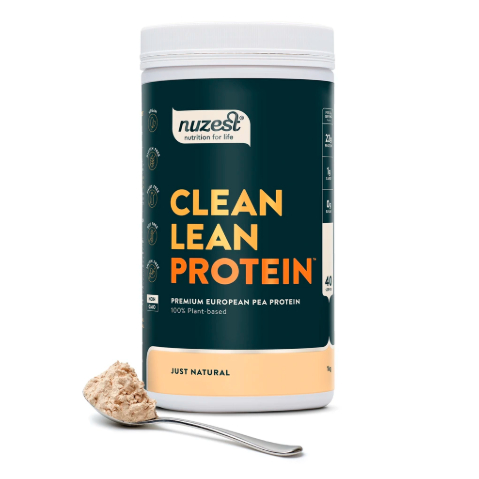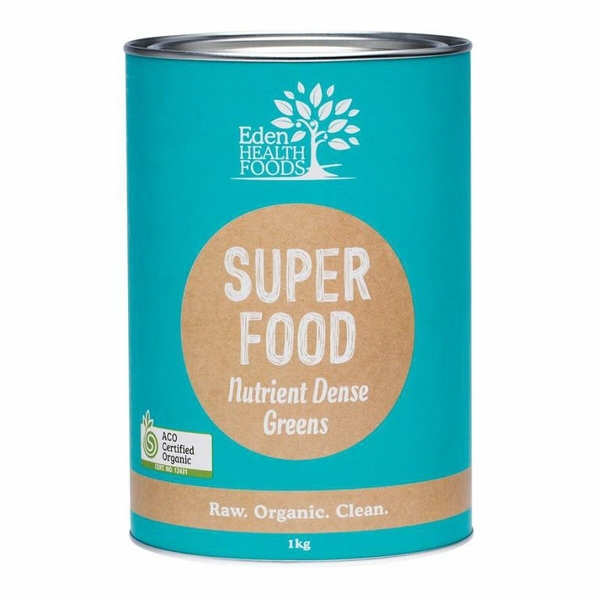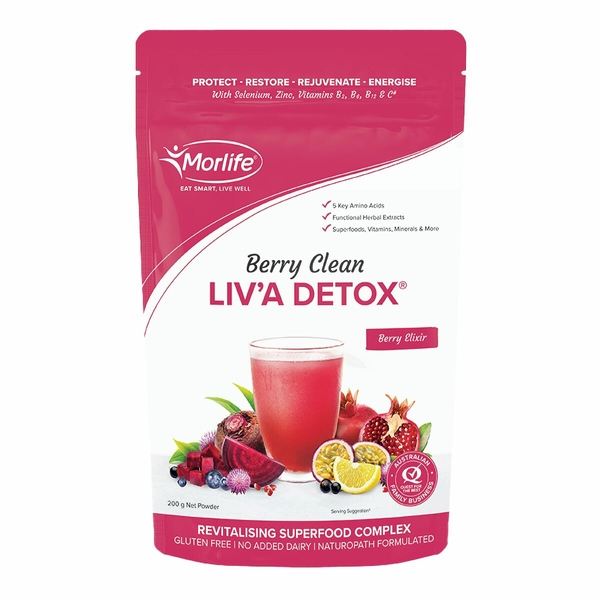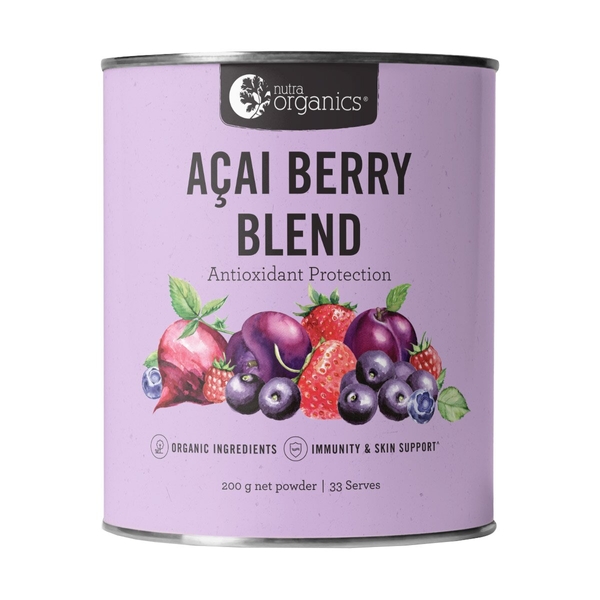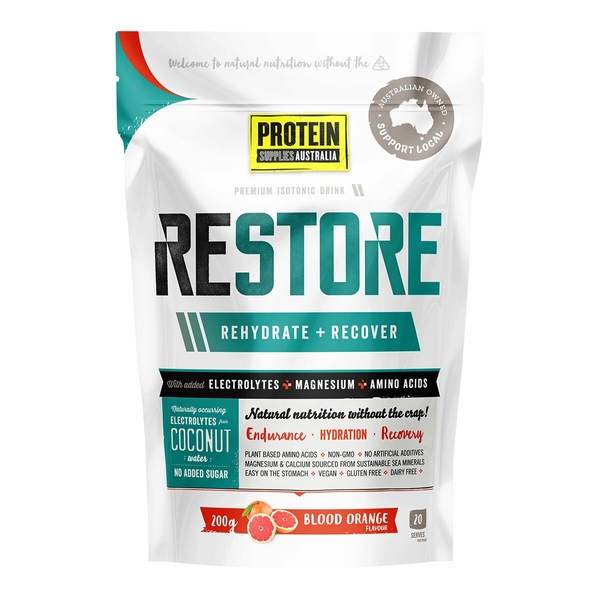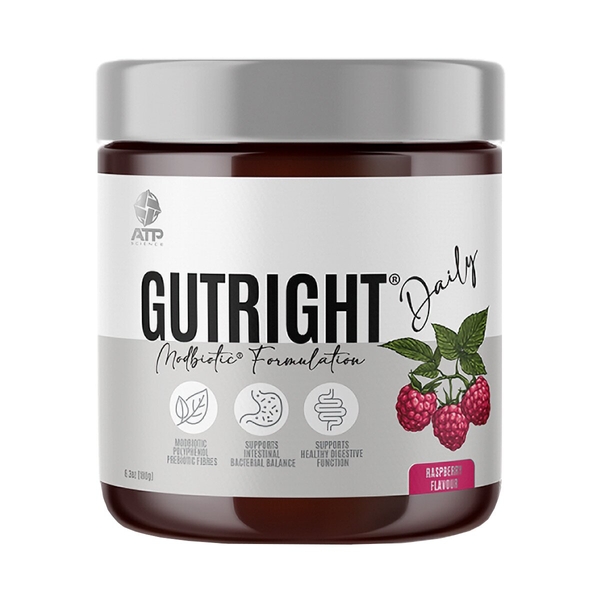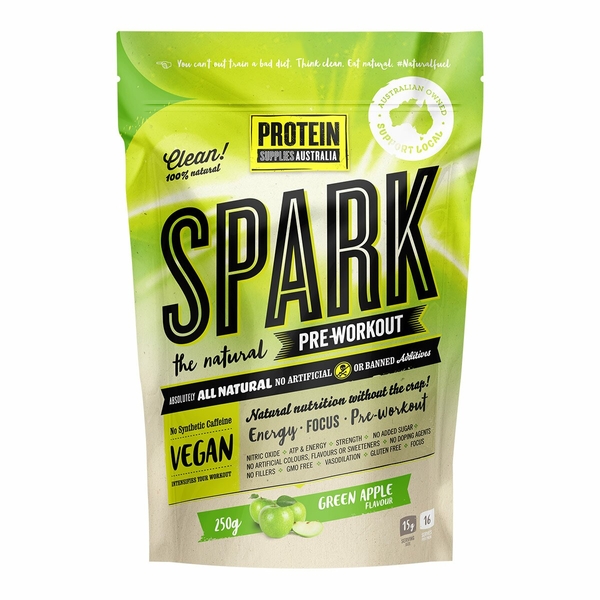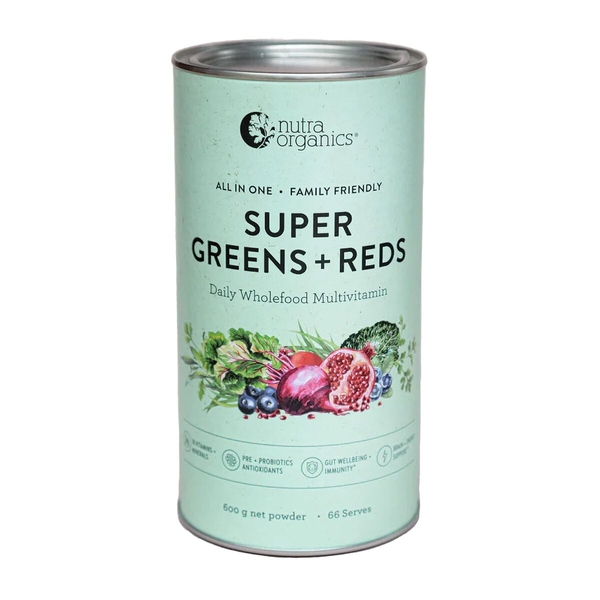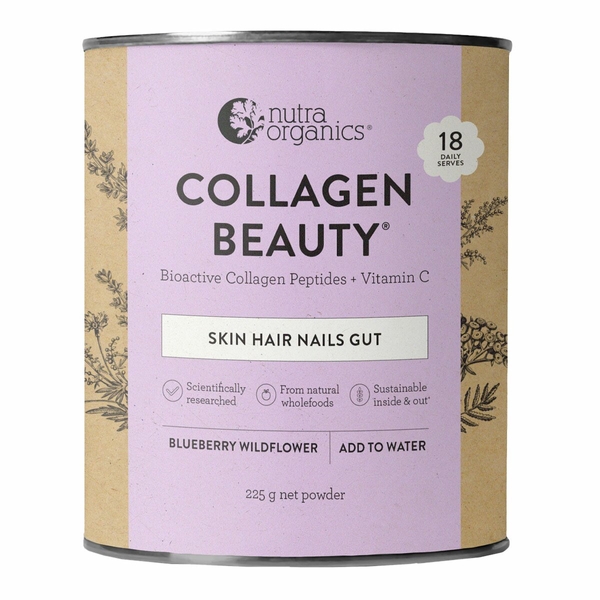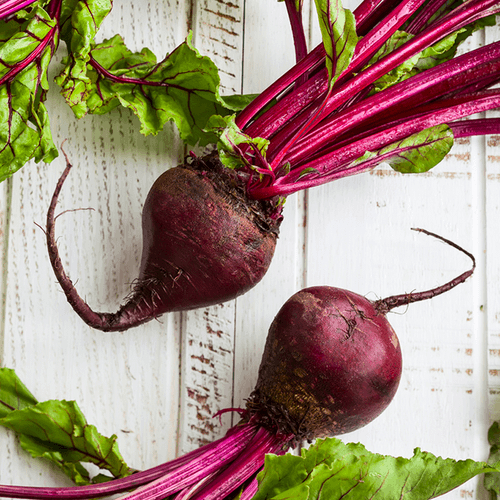
Beet
Scientific names: Beta vulgaris
Family: Chenopodiaceae
Alternate names: Beet Greens, Beet Juice, Beet Leaves, Beetroot, Beetroot Juice, Beet Leaves, Betarraga, Betterave, Betterave à Sucre, Betterave Jaune, Betterave Rouge, Betteraves, Fodder Beet, Garden Beet, Green Beet, Mangel, Mangold, Red Beet, Remolacha, Scandinavian Beet, Sugarbeet, Yellow Beet
Actions: Anti-inflammatory, Antilipemic, Athletic improvement, Hypotensive, Vasodilatory
Background
Beet (Beta vulgaris) is a flowering plant. Beet root and beet leaves are eaten as a vegetable and also used as medicine.
Beet contains chemicals that might reduce swelling and cholesterol. Beet can also increase levels of a chemical called nitric oxide in the body. Nitric oxide can affect blood vessels, possibly reducing blood pressure and making it easier to exercise.
People use beet most often for athletic performance and for reducing muscle soreness after exercise. It is also used for liver diseases, high blood pressure, and other conditions, but there is no good scientific evidence to support these other uses.
Beet contains chemicals that might reduce swelling and cholesterol. Beet can also increase levels of a chemical called nitric oxide in the body. Nitric oxide can affect blood vessels, possibly reducing blood pressure and making it easier to exercise.
People use beet most often for athletic performance and for reducing muscle soreness after exercise. It is also used for liver diseases, high blood pressure, and other conditions, but there is no good scientific evidence to support these other uses.
Safety Safety definitions
When taken by mouth: Beet is commonly consumed in foods. Beet and beetroot juice are possibly safe for most people when taken in larger amounts, short-term.
Beet can make urine or stools appear pink or red. But this is not harmful. There is concern that large doses of beet might cause low calcium levels and kidney damage. But this hasn't been shown to happen.
Kidney disease: Eating too many beets might make kidney disease worse.
Beet can make urine or stools appear pink or red. But this is not harmful. There is concern that large doses of beet might cause low calcium levels and kidney damage. But this hasn't been shown to happen.
Special Precautions & Warnings:
Pregnancy and breast-feeding: There isn't enough reliable information to know if beet is safe to use as a medicine when pregnant or breast-feeding. Stay on the safe side and stick to food amounts.Kidney disease: Eating too many beets might make kidney disease worse.
Effectiveness
NatMed Pro rates effectiveness based on scientific evidence according to the following scale: Effective, Likely Effective, Possibly Effective, Possibly Ineffective, Likely Ineffective, Ineffective, and Insufficient Evidence to Rate.
Possibly effective Effectiveness definitions
- Athletic performance. Drinking beetroot juice might improve exercise performance during aerobic activities in some people. But it's not clear how much beetroot juice is needed to see any benefit. And any benefit in elite athletes might be very small.
- Muscle soreness caused by exercise. Drinking beetroot juice a few times a day for about 48 hours after exercise might reduce muscle soreness after sprinting or jumping.
Possibly ineffective Effectiveness definitions
- A lung disease that makes it harder to breathe (chronic obstructive pulmonary disease or COPD). Drinking beetroot juice does not seem to improve the ability to exercise in people with COPD.
Dosing & administration
Beet root and beet leaves are commonly eaten as food. As medicine, beetroot juice has most often been used by adults in doses of 70-140 mL by mouth daily for 21 days. Beet is also available in many other forms, including beetroot extract, beetroot powder, beetroot gel, freeze-dried beet leaf, and baked beetroot. Speak with a healthcare provider to find out what type of product and dose might be best for a specific condition.
Interactions with pharmaceuticals
Medications changed by the liver (Cytochrome P450 1A2 (CYP1A2) substrates)
Interaction Rating=Minor Be watchful with this combination.
Some medications are changed and broken down by the liver. Beet might change how quickly the liver breaks down these medications. This could change the effects and side effects of these medications.
Medications changed by the liver (Cytochrome P450 3A4 (CYP3A4) substrates)
Interaction Rating=Moderate Be cautious with this combination.
Some medications are changed and broken down by the liver. Beet might change how quickly the liver breaks down these medications. This could change the effects and side effects of these medications.
Interactions with herbs & supplements
There are no known interactions with herbs and supplements.
Interactions with foods
There are no known interactions with foods.
Products
View all productsRRP: $39.95$35.96Save: 10%
Sold out
Create account
return unknown
Practitioner product
RRP: $39.95$33.96Save: 15%
Create account
Per 10 g:
- Beta vulgaris (root) powder (Beetroot) 167 mg
- Arthrospira platensis (Spirulina) 1 g
- Chlorella pyrenoidosa powder 333 mg
- Wheatgrass powder 333 mg
- Inulin (Dietary fibre) 800 mg
- Lactobacillus acidophilus 5 billion CFU
- Bifidobacterium bifidum 3 billion CFU
- Bifidobacterium lactis 5 billion CFU
- Bifidobacterium longum 1 billion CFU
- Cynara scolymus powder 500 mg
- Hordeum vulgare 200 mg
- Malus (Apple) 200 mg
- Brassica oleracea var. acephala (leaf & sprout) powder (Kale) 100 mg
- Ananas comosus (Pineapple) 240 mg
- Spinacia oleracea (Spinach) 67 mg
- Beta glucan 50 mg
- Resveratrol 10 mg
- Ananas comosus (Pineapple oil) 65 mg
- Linum usitatissimum (seed) (Flaxseed) 400 mg
- Oryza sativa (Rice bran) 500 mg
- Pea protein isolate 1 g
- R-alpha lipoic acid 67 mg
- Thiamine hydrochloride (Vitamin B1) 400 µg
- Niacinamide (Vitamin B3) 5.3 mg
- Pyridoxine hydrochloride (Vitamin B6) 567 µg
- Riboflavin (Vitamin B2) 434 µg
- Pantothenic acid (Vitamin B5) 1.7 mg
- Cyanocobalamin (Vitamin B12) 0.8 µg
- Ergocalciferol (Vitamin D) 3.8 µg
- Ascorbic acid (Vitamin C) 333 mg
- d-alpha-Tocopheryl acid succinate 100 mg
- Ubidecarenone (Coenzyme Q10) 8 mg
- Copper gluconate 225 µg
- Potassium phosphate dibasic 104 mg
- Folic acid 67 µg
- Biotin 10 µg
- Silica - colloidal anhydrous 14 mg
- Magnesium citrate 42 mg
- Zinc amino acid chelate 10 mg
- Chromium picolinate 10 µg
- Calcium citrate 132 mg
- Manganese amino acid chelate 1.4 mg
- Selenomethionine 30 µg
- Beta-carotene carotenoids (Vitamin A) 1.7 mg
- Citrus bioflavonoids extract 500 mg
- Citric acid anhydrous 150 mg
- Rosmarinus officinalis powder 68 mg
- Taraxacum officinale ext. 33 mg
- Vaccinium myrtillus powder 200 mg
- Glycyrrhiza glabra powder 67 mg
- Crataegus monogyna ext. 29 mg
- Astragalus membranaceus ext. 67 mg
- Vitis vinifera ext. 67 mg
- Camellia sinensis ext. 67 mg
- Ganoderma lucidum powder 21 mg
- Lentinula edodes powder 21 mg
- Aloe barbadensis ext. 500 mg
- Zingiber officinale powder 67 mg
- Eleutherococcus senticosus ext. 1 g
- Centella asiatica ext. 67 mg
- Withania somnifera ext. 67 mg
- Silybum marianum ext. 67 mg
- Arctium lappa ext. 21 mg
- Rosa canina powder 168 mg
- Lycium barbarum 33 mg
- Daucus carota powder (Carrot) 83 mg
- Carica papaya (Papain) 250 mg
- Lecithin 725 mg
- Laminaria digitara (Kelp) 8 mg
- Natural vanilla flavour
- Natural pineapple flavour
- Thaumatin
- Stevia rebaubiana
- Luo Han Guo (fruit) ext. (Monk fruit)
- Xanthan gum
- Brassica oleracea var. italica powder 150 mg
- Malpighia glabra ext. 267 mg
- Theobroma cacao powder 100 mg
1 kg
RRP: $247.01$160.56Save: 35%
Create account
Practitioner product
Per 6 g:
- Beta vulgaris (root) powder (Beetroot)
- Magnesium citrate
- Magnesium glycinate
- Fragaria ananassa (juice) powder (Strawberry)
- Euterpe oleracea (berry) ext. (Acai)
- Aristotelia chilensis (Maqui berry)
- Garcinia mangostana (fruit) powder
- Lycium barbarum (fruit)
- Glycine
- Magnesium orotate
- Potassium citrate
- Taurine
- L-glutamine
- Coconut water powder
- Calcium citrate
- Natural strawberry flavour
- Levocarnitine tartrate (L-carnitine)
- Curry leaf extract
- Psidium guajava (Guava)
- Citrus limon (Lemon)
- Phyllanthus emblica
- Ocimum tenuiflorum
- Bixa orellana
- Malic acid
- Silica - colloidal anhydrous
- Pyridoxine hydrochloride (Vitamin B6)
- Calcium pantothenate (Vitamin B5)
- Zinc citrate dihydrate
- Riboflavin (Vitamin B2)
- Nicotinamide (Vitamin B3)
- Thiamine hydrochloride (Vitamin B1)
- Cyanocobalamin (Vitamin B12)
- Folic acid
- Thaumatin
- Punica granatum
- Rubus idaeus (fruit) powder
Practitioner product
Per 6 g (Berry):
- Beta vulgaris (root) powder (Beetroot)
- L-glutamine 1 g
- N-acetyl glucosamine (NAG) 1.5 g
- L-proline 750 mg
- L-threonine 1 g
- L-serine 750 mg
- Citric acid anhydrous
- Malic acid
- Natural strawberry flavour
- Fragaria ananassa (juice) powder (Strawberry)
- Euterpe oleracea (berry) ext. (Acai)
- Aristotelia chilensis (Maqui berry)
- Garcinia mangostana juice dry
- Lycium chinese juice dry
- Glycine
- Silica - colloidal anhydrous
- Natural vanilla flavour
- Thaumatin
- Punica granatum
- Rubus idaeus
Practitioner product
Per 1 g:
- Beta vulgaris (root) powder (Beetroot)
- N-acetylcysteine (NAC) 940 mg
- Fragaria chiloenis (juice) powder (Beach strawberry)
- Euterpe oleracea (berry) ext. (Acai)
- Aristotelia chilensis (Maqui berry)
- Garcinia mangostana (fruit)
- Lycium barbarum (fruit)
- Natural strawberry flavour
- Thaumatin
- Silicon dioxide
- Punica granatum
- Rubus idaeus (fruit) juice
Practitioner product
1 kg Natural
RRP: $105.00$89.24Save: 15%
Create account
Per 5 g:
- Beta vulgaris (root) powder (Beetroot)
- Turnera diffusa (leaf)
- Panax ginseng
- Eleutherococcus senticosus
- Glycyrrhiza glabra (root)
- Mucuna pruriens
- Lycium barbarum (fruit)
- Coconut water powder
- Tribulus terrestris
- Smilax officinalis
- Hebanthe eriantha
- Panax notoginseng
- Stevia rebaubiana
- Natural apple flavour
- Myrica rubra (berry) powder (Yumberry)
RRP: $44.95$42.70Save: 5%
Create account
RRP: $169.95$161.45Save: 5%
Create account
Per 10 g (Berry):
- Beta vulgaris (Beetroot)
- Schisandra chinensis
- Berberis vulgaris
- Cynara scolymus
- Silybum marianum
- Passionfruit
- Citrus limon (Lemon)
- Piper nigrum
- Zingiber officinale
- Camellia sinensis
- Ribes nigrum
- L-glutamine
- L-glycine
- L-methionine
- Zinc gluconate
- Taurine
- Choline bitartrate
- Pyridoxine hydrochloride (Vitamin B6)
- Folic acid
- Selenomethionine
- Cyanocobalamin (Vitamin B12)
- Apple pectin
- Riboflavin (Vitamin B2)
- Natural flavours
- Rosmarinus officinalis
- Echinacea angustifolia
- Malpighia glabra
- Curcuma longa
- L-cysteine
- Oryza sativa (Rice hulls)
- Silicon dioxide
- Punica granatum
- Vaccinium corymbosum (fruit) powder
RRP: $44.95$38.21Save: 15%
Sold out
Create account
return unknown
Per 6 g:
RRP: $54.95$46.71Save: 15%
Create account
Per 5 g:
- Beta vulgaris (root) powder (Beetroot)
- Inulin (Dietary fibre)
- Marine collagen peptides 250 mg
- Lepidium meyenii (root) powder
- Lactobacillus rhamnosus (LR-32)
- Bifidobacterium longum (BL-05)
- Zinc
- Cannabis sativa powder 520 mg
- Arthrospira platensis (Spirulina) 370 mg
- Linum usitatissimum (seed) flour (Flaxseed) 250 mg
- Wheatgrass powder
- Sunflower lecithin
- Citrus limon (juice) (Lemon)
- Ananas comosus (Pineapple)
- Ascorbic acid (Vitamin C)
- Euterpe oleracea (berry) ext. (Acai)
- Chlorella pyrenoidosa powder
- Lycopersicon esculentum (Tomato)
- Apple pectin
- Citric acid anhydrous
- Citrullus lanatus (Watermelon)
- Fragaria ananassa (juice) powder (Strawberry)
- Garcinia mangostana (fruit) powder
- Punica granatum juice dry
- Carica papaya (fruit) powder
- Vaccinium macrocarpon (fruit) powder
- Natural vanilla flavour
- Lycium barbarum (fruit)
- Aristotelia chilensis (Maqui berry)
- Silybum marianum powder
- Astragalus membranaceus (root) powder
- Equisetum arvense (herb) powder
- Laminaria digitara (Kelp)
- Silica - colloidal anhydrous
- Daucus carota powder (Carrot)
- Camellia sinensis powder
- Withania somnifera (root) powder
- Eleutherococcus senticosus (root) powder
- Echinacea purpurea (root) powder
- Melissa officinalis powder
- Taraxacum officinale (leaf) powder
- Zingiber officinale (root) powder
- Rosa canina powder
- Vaccinium myrtillus (fruit) powder
- Ulmus rubra (bark) powder
- Mushroom powder
- Kakadu plum powder
- Calcium pantothenate (Vitamin B5)
- Panax ginseng powder
- Curcuma longa (root) powder
- Backhousia citriodora (leaf)
- Thaumatin
- Ananas comosus (Bromelain)
- Protease
- Phyllanthus emblica (fruit) powder
- Morindae officinalis (fruit) powder
- Marine algae
- Malpighia glabra (fruit) powder
- Medicago sativa 200 mg
- Sambucus nigra (fruit)
- Vaccinium corymbosum (fruit) powder
- Hordeum vulgare powder 200 mg
- Salvia hispanica (seed) powder
RRP: $39.95$33.96Save: 15%
Create account
Per 10 g (Blood Orange):
200 g Blood Orange
RRP: $44.95$37.30Save: 17%
Create account
Per 10 g (X Immuno Tonic):
- Beef bones
- Sea salt
- Curcuma longa
- Piper nigrum
- Chilli powder
- Honey
- Apple cider vinegar
- Allium sativum
- Armoracia rusticana
- Zingiber officinale
- Daucus carota powder (Carrot)
- Apium graveolens
- Allium cepa
- Malus (Apple)
- Orange
- Citrus limon (Lemon)
- Brassica juncea
- Petroselinum crispum
- Rosmarinus officinalis
- Thymus vulgaris
- Juniperus communis (berry)
- Bay leaf
- Szechuan pepper
- Backhousia citriodora
- Pink Himalayan crystal salt
- Origanum vulgare (Oregano)
390 g X Immuno Tonic
RRP: $39.00$33.15Save: 15%
Create account
Per 5 g:
- Beta vulgaris (Beetroot) juice dry
- Euterpe oleracea (berry) ext. (Acai)
- Schisandra chinensis (berry) ext.
- Vaccinium macrocarpon (berry) powder
- Punica granatum (fruit pericarp) powder
- Brassica oleracea var. italica (sprout) powder
- Hibiscus sabdariffa powder
- Punica granatum (peel) powder
- Malus (fibre) powder (Apple)
- Natural raspberry flavour
- Xanthan gum
- Prunus serotina (fruit) ext. (Black cherry)
- Myristica fragrans (Nutmeg)
- Brassica oleracea var. acephala (leaf & sprout) powder (Kale)
- Zingiber officinale (root) powder
- Rosmarinus officinalis (leaf) powder
- Cinnamomum verum (bark) powder
- Stevia rebaubiana
- Malic acid
- Raphanus sativus (fruit) powder
- Theobroma cacao (seed) powder
RRP: $59.95$53.96Save: 10%
Create account
RRP: $44.95$37.30Save: 17%
Create account
Per 9 g:
- Beta vulgaris (Beetroot)
- Chlorella pyrenoidosa powder
- Brassica oleracea var. acephala (leaf) powder (Kale)
- Inulin (Dietary fibre)
- Medicago sativa
- Brassica oleracea var. italica (Broccoli)
- Spinacia oleracea (Spinach)
- Green banana
- Bacillus coagulans (GBI-30)
- Arthrospira platensis (Spirulina)
- Laminaria digitara (Kelp)
- Euterpe oleracea (berry) ext. (Acai)
- Vaccinium corymbosum
- Malpighia glabra
- Punica granatum juice dry
- Lycium chinese
- Golden pea protein (sprout) bio-fermented
- Apple pectin
- Rubus idaeus (berry)
- Fragaria ananassa (Strawberry)
- Hippophae rhamnoides
- Lycopersicon esculentum
- Arctic sea algae
- Sea salt
- Sunflower seed extract
- Ananas comosus (Pineapple)
- Citrus limon (Lemon)
- Linum usitatissimum (seed) (Flaxseed)
- Malus (Apple)
- Lepidium meyenii
- Natural flavours
- Silybum marianum
- Equisetum arvense
- Centella asiatica
- Glycyrrhiza glabra (root)
- Althaea officinalis (root)
- Melissa officinalis
- Taraxacum officinale (leaf)
- Zingiber officinale (root)
- Withania somnifera
- Aloe barbadensis (leaf)
- Panax ginseng
- Pumpkin powder
- Sweet potato powder
- Sunflower seed
- Vaccinium macrocarpon
- Grifola frondosa (mushroom)
- Lentinula edodes (mushroom)
- Myrciaria dubia (fruit) powder (Camu Camu)
- Protease
- Amylase enzyme
- Lipase
- Cellulase
- Lactase
- Mesquite (pod) powder
- Thaumatin
- Prunus salicina (Queen Garnet plum)
- Chlorella pyrenoidosa powder
RRP: $139.95$118.97Save: 15%
Create account
Per serve (Blueberry Wildflower):
- Beta vulgaris (root) powder (Beetroot)
- Hydrolysed bovine collagen peptides
- Bovine collagen peptides 3 g
- Citrus aurantiifolia (Lime)
- Siraitia grosvenorii (Monk fruit)
- Viola odorata
- Matcha butterfly pea blend flower
- Sambucus nigra
- Vaccinium corymbosum (fruit) powder
- Rubus idaeus
- Natural flavours
- Hippophae rhamnoides juice
- Bambusa breviflora (stem) ext. dry
- Psidium guajava (leaf) ext.
225 g Blueberry Wildflower
RRP: $49.50$42.08Save: 15%
Create account
vital.ly has licensed monographs from TRC Healthcare.
This monograph was last reviewed on 14/02/2025 11:00:00 and last updated on 12/11/2020 00:45:30. Monographs are reviewed and/or updated multiple times per month and at least once per year.
Natural Medicines disclaims any responsibility related to medical consequences of using any medical product. Effort is made to ensure that the information contained in this monograph is accurate at the time it was published. Consumers and medical professionals who consult this monograph are cautioned that any medical or product related decision is the sole responsibility of the consumer and/or the health care professional. A legal License Agreement sets limitations on downloading, storing, or printing content from this Database. No reproduction of this monograph or any content from this Database is permitted without written permission from the publisher. It is unlawful to download, store, or distribute content from this site.

